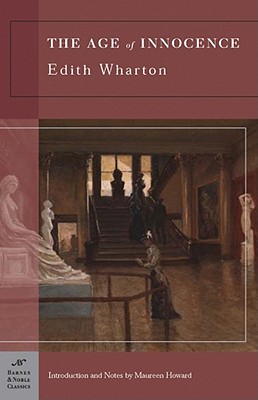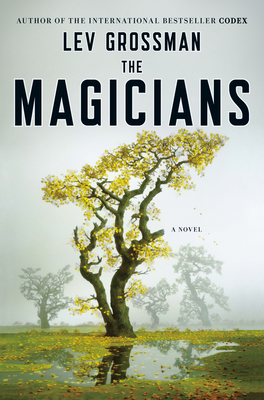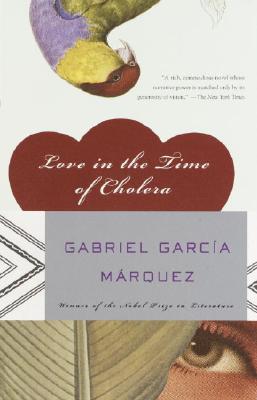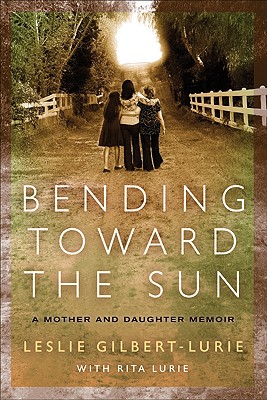 It's a good thing I read this book in addition to all the others I've been reading lately, or you were all going to start thinking I'm incapable of doing anything but gush when writing about a book I read and then why would you bother to trust my opinion? And that's really what book recommendations are all about, trust, so without that, I wouldn't blame you for flitting away into the blogosphere to find some other bookworm to follow. Sad thought.
It's a good thing I read this book in addition to all the others I've been reading lately, or you were all going to start thinking I'm incapable of doing anything but gush when writing about a book I read and then why would you bother to trust my opinion? And that's really what book recommendations are all about, trust, so without that, I wouldn't blame you for flitting away into the blogosphere to find some other bookworm to follow. Sad thought.That is me trying to be positive about being so greatly disappointed by this book. Unless It Moves the Human Heart is a slim volume on the craft and art of writing, as the subtitle explains, written as an account of one semester of a writing class taught by the author, Roger Rosenblatt. I think perhaps it would have been best for Rosenblatt to stick with fiction, which I'm sure he knows well.
Although there were interesting ideas scattered throughout these pages, ultimately, the book felt forced and uncomfortable. Rosenblatt was not writing from an audio recording of the semester, so naturally he substituted conversation as necessary to represent their actual discussions. This conversation, though, bore little to no resemblance to any conversation I've ever heard, be it in class or out of it:
"What is a paragraph, anyway?" asks Suzanne.Or, a longer passage but an even better example:
[Ok, odd question, but I'm willing to see where this goes.]
"Damned if I know. I used to think I knew what a paragraph was until a few months ago, when I did a piece for the New Yorker. My editor, Dorothy Wickenden, changed my entire view of a paragraph simply by editing the piece in a certain way. I wrote three paragraphs, and Dorothy would yoke them into one. And it read much better."
[Oooh, the New Yorker, ain't you a fancy one.]
"But a paragraph is just an idea, one complete movement," Ana says. "You write one movement. Then you go on to the next."
[Clearly it is not that simple, and this continues for approximately two more pages.]
"Okay, Robert." I point to him. "You started all this. What do you think the connection between reading and writing is?"Come oooon, people. We don't talk like that in the real world. Maybe writing students do, I suppose, but in that case... well, I'll skip it, at any rate. Ignoring the fact that every person "says" something, when word variation is rumored to be a critical part of creative writing, this is just cliché.
[Ok, I'm really excited about this, because I am fascinated by the connection between the two. Personally, I don't believe they can be separated.]
"Oh," he says, "I just wanted to hear from the others."
"No, you don't. Spill."
[Excellent! Here we go! Discourse! Dialog!]
"Well," he says, "since I labor in both the dungeon of daily restaurant drudgery and the mines of weekly journalism...
[Oh, dear, people don't really talk like that. Do they? Poor listeners...]
"I was a precocious reader as a child, urged on by the intellectual aspirations of my college-educated mother, and the severe rule...of the Little Dominican Sisters, who lacked charity... When I was in the seventh grade, test results showed I read like a twelfth-grader...
[Real impressive, son.]
"I wrote poetry as a kid, probably because it seemed easier than fiction. The nuns were delighted, and this only served to solidify my reputation as a sensitive child."
"Which you still are," says George.
"Maybe," says Robert...
Kristie looks at me. "What about you? Was there an author or book that got you going?"
"Not a book. But a moment."
Which is not to say it is all bad. There are definitely interesting ideas here, masked beneath awkward and bulky dialogue. And it's a quick read, so it could be worth it if you're looking for some interesting thinking about writing and the act of writing. But be prepared for some grimacing, and possibly out-loud groaning, and sadly, not all that much moving of your writer's heart.
---
Note: I received a review copy of this book from the publisher.



















